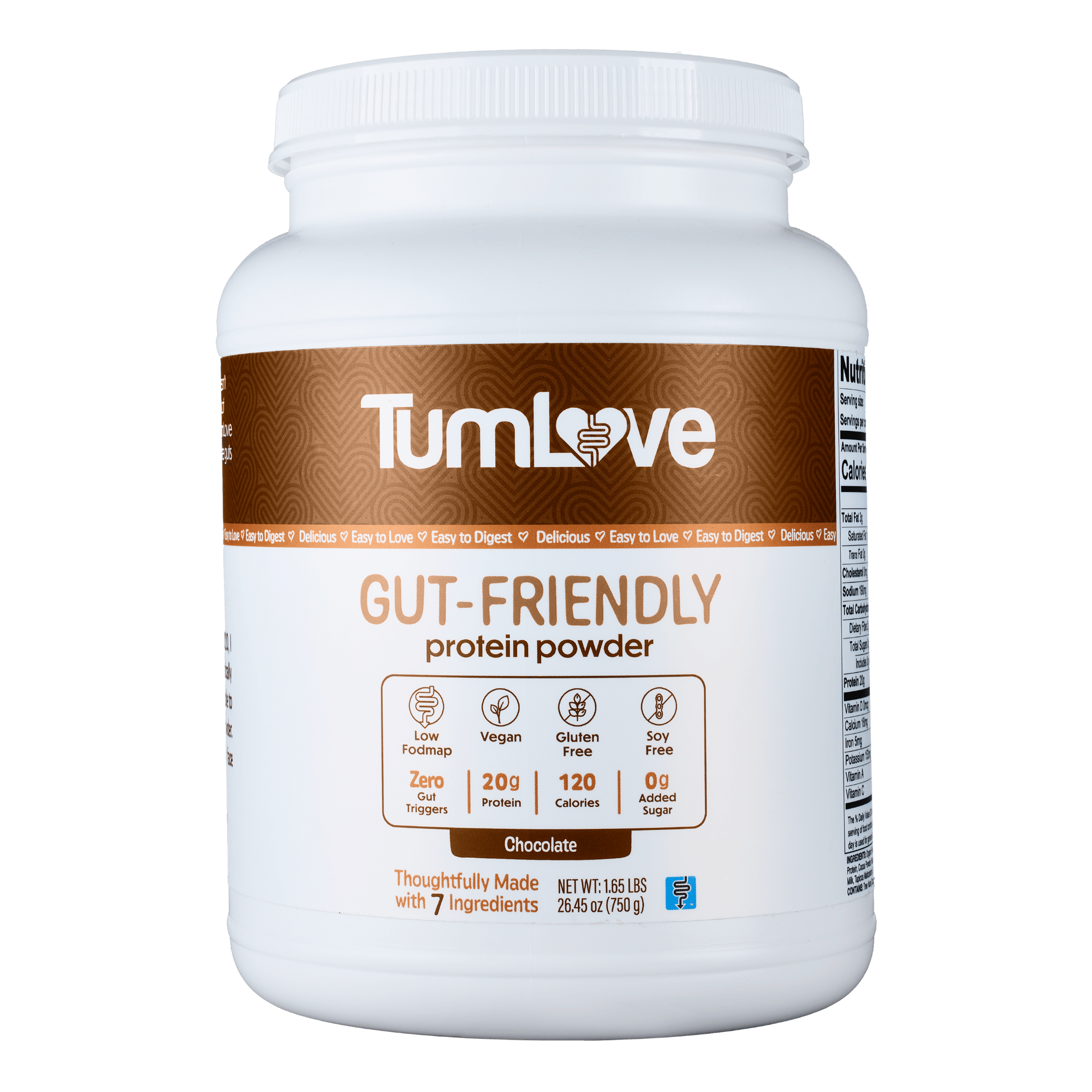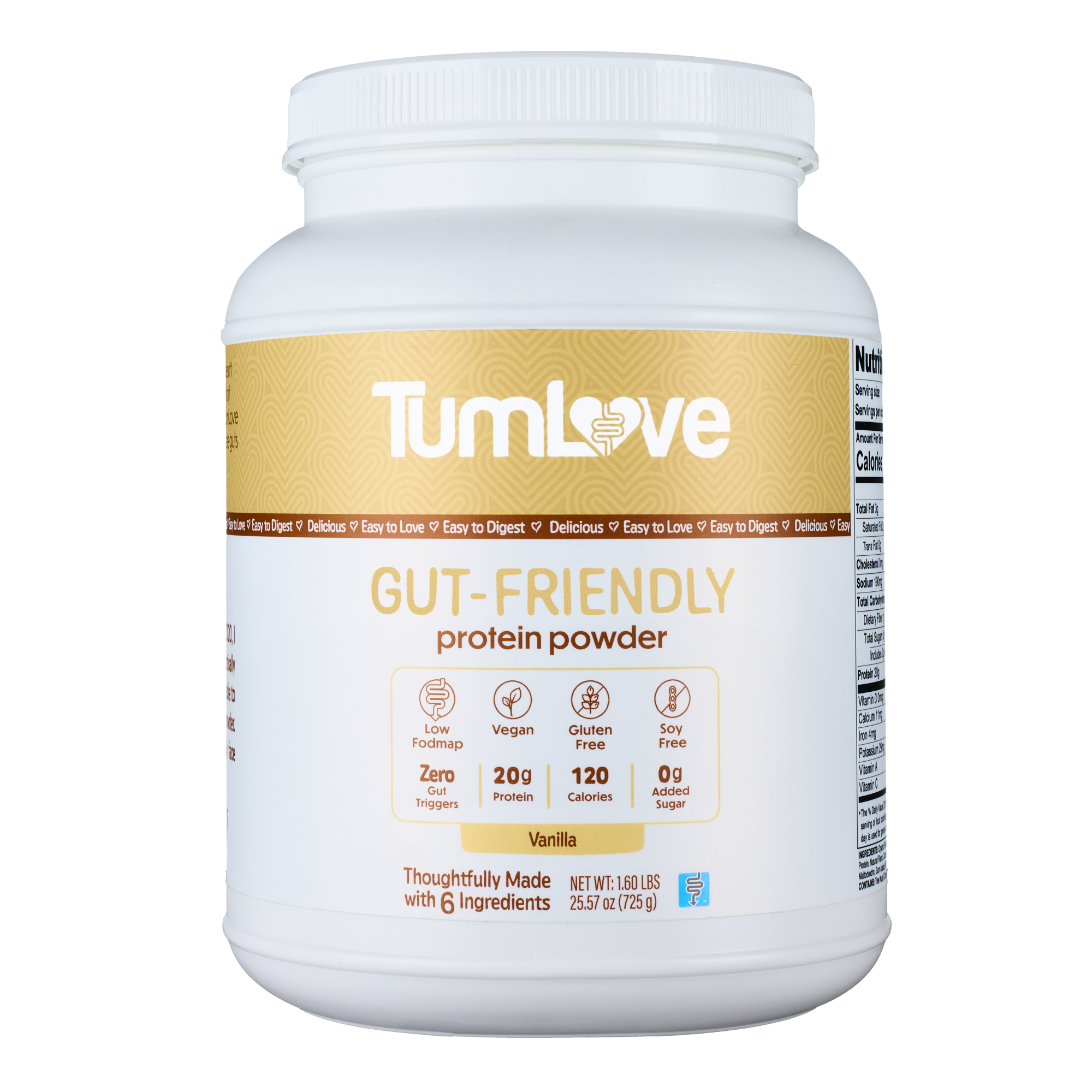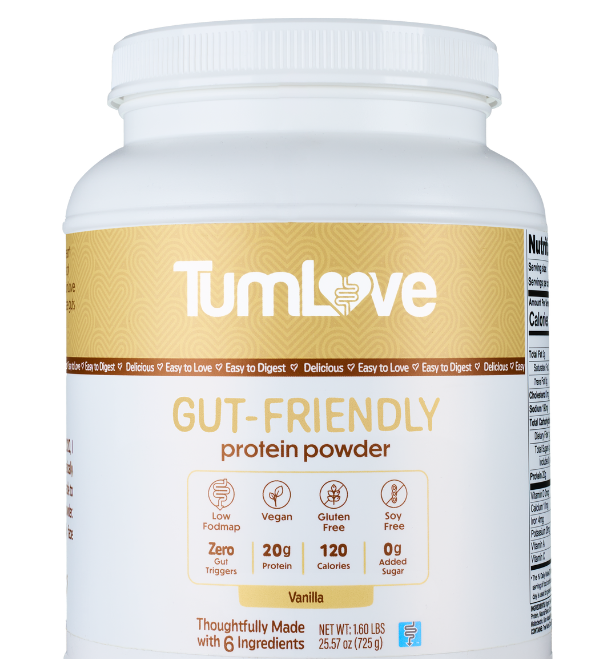Hair loss and protein powder - is there a link? With the buzz surrounding protein supplements, myths inevitably pop up, and it's our mission to untangle the truth. Before we dispel the myths and dive into the facts, consider TumLove's low-FODMAP, gut-friendly chocolate protein powder. Not only is it crafted for maximum nutrient absorption, but it also prioritizes your overall well-being. Now, let's brush through the claims and shed light on whether protein powder truly has an impact on your locks!
★★★★★
"Now I can do what I love while feeling great!"
- Lileia S.
The relationship between our diet, lifestyle choices, and hair health has been under scrutiny for years. Among the numerous concerns is a rather controversial one: "does protein powder cause hair loss?" Let's unravel this mystery!
Can Protein Powder Cause Hair Loss?
The direct answer is no, protein powder in itself does not cause hair loss. However, factors related to its consumption, such as the type of protein, additives, or how it's integrated into one's diet, might influence hair health indirectly. Let's break it down.Understanding Hair Loss: The Basics
Before diving into the protein powder debate, it's crucial to grasp the fundamentals of hair loss:
- Genetics: Often, hair loss patterns, especially male and female pattern baldness, are genetically predisposed.
- Hormonal Imbalances: Conditions like PCOS or thyroid imbalances can trigger hair thinning.
- Nutritional Deficiencies: A lack of essential nutrients, particularly iron, can lead to hair loss.
- Stress: Chronic physical or emotional stress can cause hair shedding, known as telogen effluvium.
The Relationship Between Protein and Hair
Hair primarily consists of a protein called keratin. Naturally, one might assume that consuming protein (through powders or otherwise) would only benefit hair. However, the narrative isn't that straightforward.Protein Overconsumption and Hair Health
Excessive protein intake, especially when not balanced with other nutrients, can strain the kidneys, leading to potential health issues. While there's no direct evidence linking high protein intake to hair loss, any disruption in body balance can indirectly affect hair health.Additives in Protein Powders
Some protein powders, especially from cheaper/lower quality brands may contain additives, fillers, or heavy metals. While the protein isn't the culprit, these additives might contribute to health issues, indirectly influencing hair health.Creatine and Hair Loss
Some believe that creatine, often found in workout supplements and sometimes in protein powders, can cause hair loss. The theory is based on the idea that creatine increases DHT (a hormone linked to hair loss) levels. However, research is inconclusive, and the connection remains speculative.Choosing the Right Protein Powder for Hair Health
For those concerned about hair health, making informed choices about protein supplementation is key:
- Plant-Based Options: Consider plant-based proteins, which offer a variety of nutrients and are less likely to contain hormones or allergens that might disrupt the body.
- Balance is Key: Ensure that your diet is well-rounded. Don't rely solely on protein powders for nutritional needs.
- Stay Informed: Research and choose brands that are transparent about their ingredients and sourcing.
Expert Opinions and Research
Research into the direct link between protein powders and hair loss is limited. Most studies focus on protein intake's overall impact on hair health. Generally, adequate protein is beneficial, but as with all things, balance is crucial. Overconsumption or relying solely on supplements can cause more harm than good.





